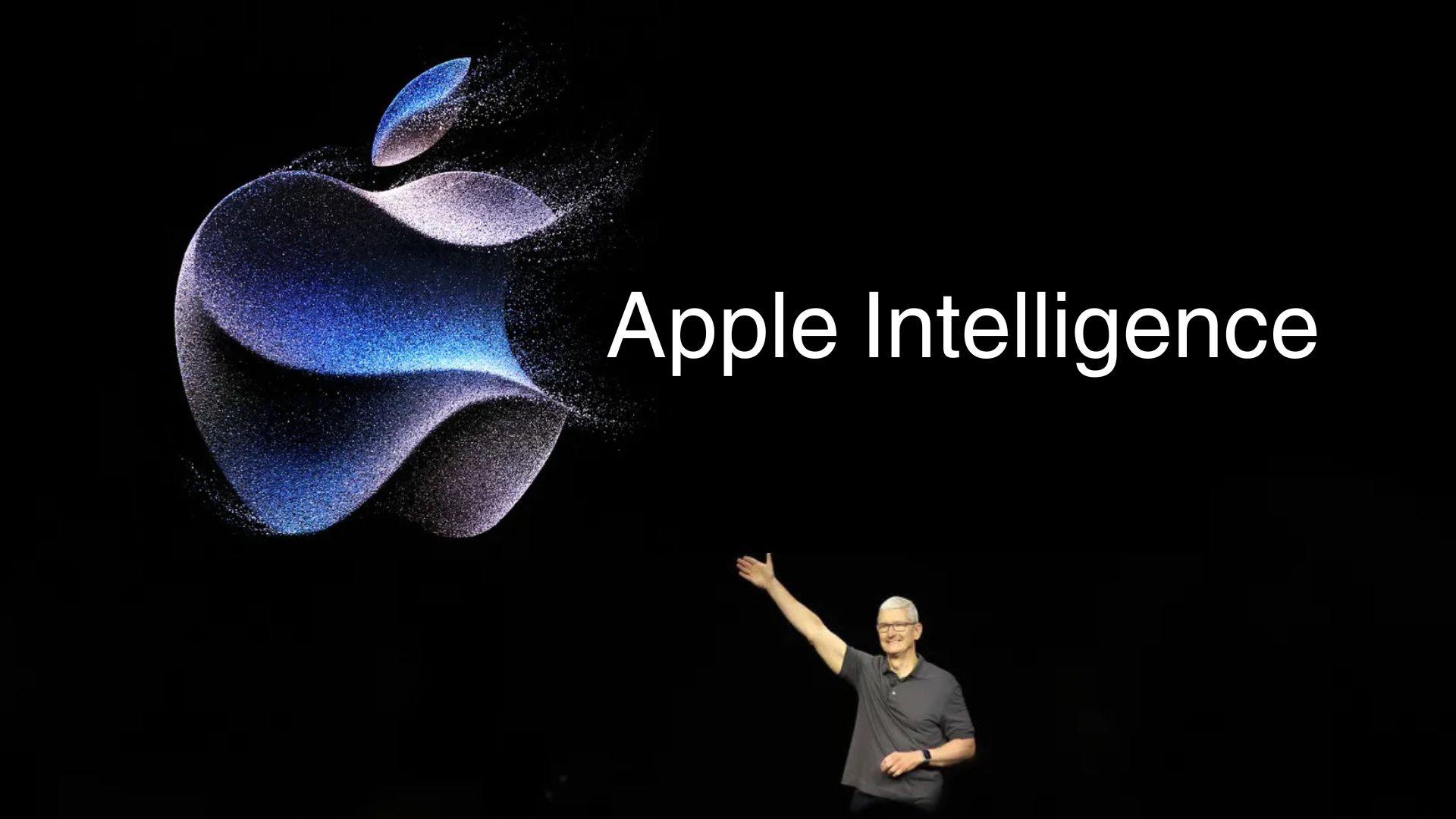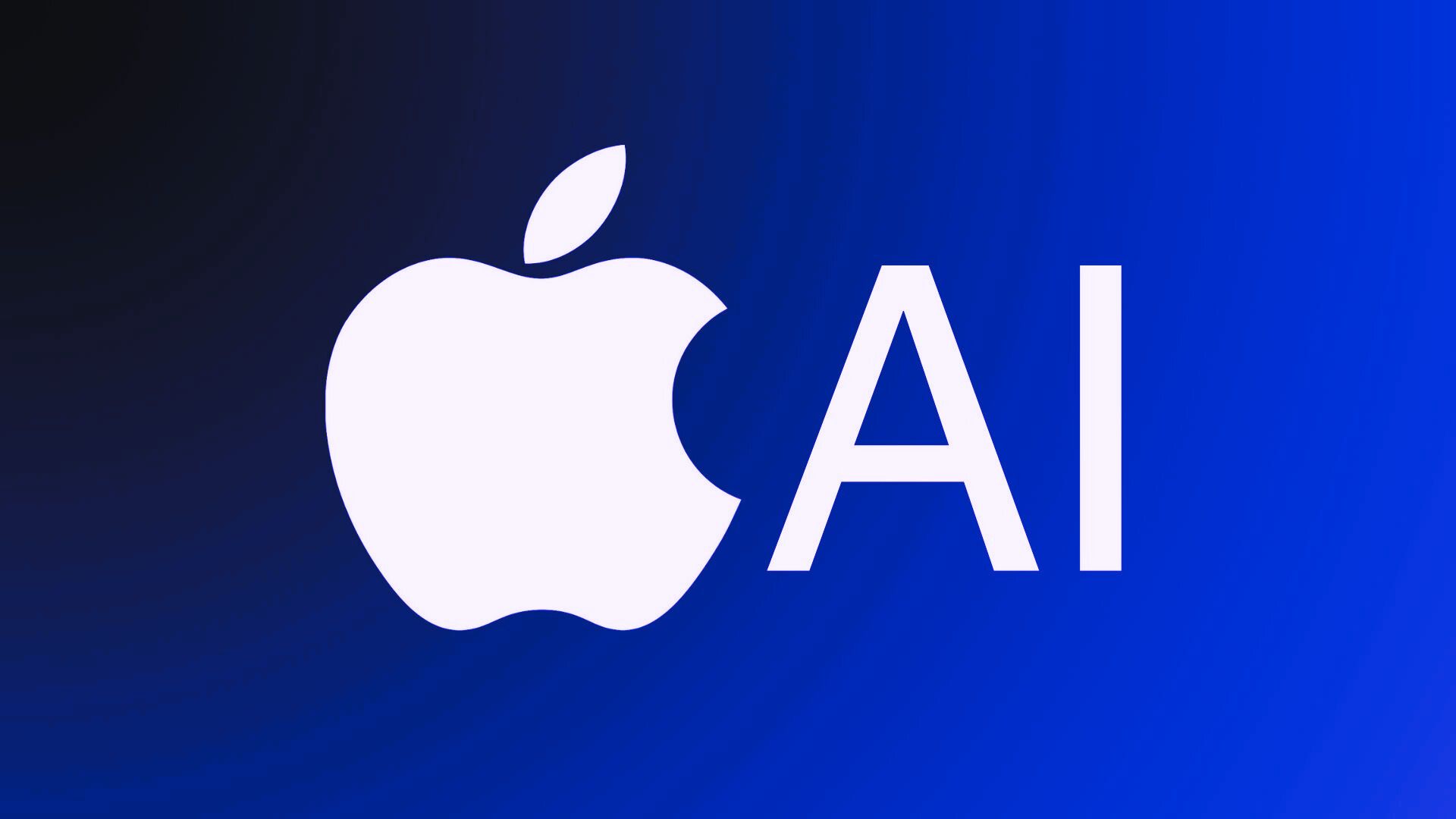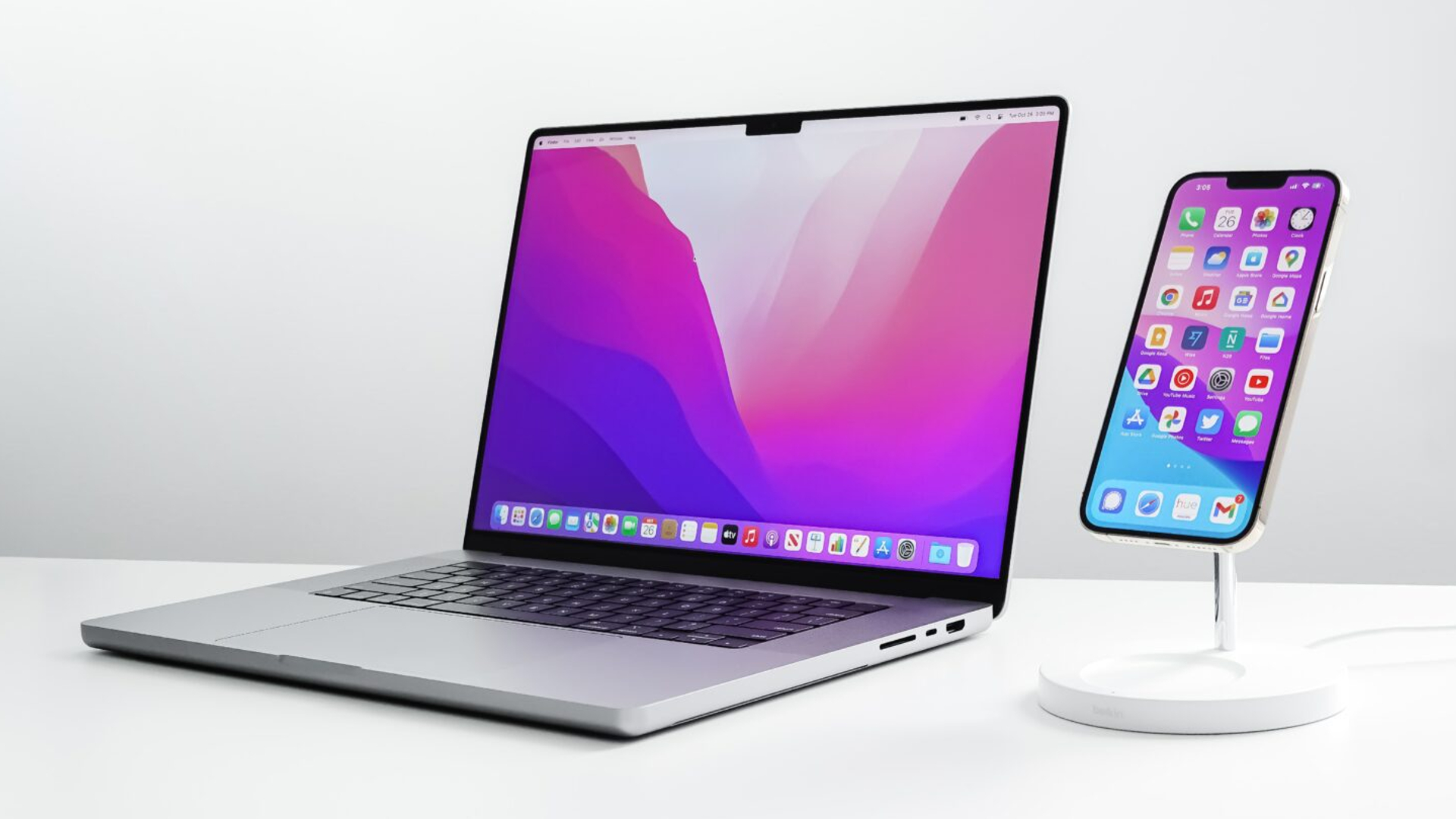Apple's AI plans have a potentially alarming drawback
You can choose to use "Apple Intelligence" but should you?

News reports have revealed two things about Apple's major plans for WWDC, which kicks off Monday:
1. Apple's upcoming suite of AI features will be an opt-in beta feature called "Apple Intelligence."
2. Most users with a device compatible with iOS 18, iPadOS 18, or macOS 15 will be able to try out Apple's new AI features.
The question on the minds of many next week at this time could very well be: Should you opt-in?
While Apple won't officially confirm everything it can do until next week's conference — and the major keynotes set for Monday — many of Apple's AI plans have already been leaked. You should know a few things about Apple Intelligence before deciding to activate it on your Apple device.
Here's a preview of the plans Apple has for its AI, what it's expected to include, and a few important reasons you might (or might not) want to opt in.
What is "Apple Intelligence"?

On Friday, Bloomberg's Mark Gurman reported that Apple's upcoming suite of AI features will be called "Apple Intelligence." According to Gurman, it will be an opt-in service, meaning users will not be forced to use it if they don't want to. The first version will also be launched as a "beta" version. It will include a mix of on-device AI and cloud-based AI using servers running Apple's M2 Ultra chips.
Most of the features in "Apple Intelligence" — which will lose those quotation marks when the service becomes official — are small tasks like summarizing missed notifications, editing photos, and generating custom emojis. It will also be able to generate replies to emails and text messages and transcribe voice memos.
Stay in the know with Laptop Mag
Get our in-depth reviews, helpful tips, great deals, and the biggest news stories delivered to your inbox.
Those features are all useful, but the highlight of Apple's new AI technology will be the long-overdue Siri update.
Siri should see expanded voice controls, custom voice shortcuts, improved integrations with third-party apps, and more robust capabilities. For example, you will soon be able to ask Siri to perform complex tasks for you like replying to an email or editing a photo.
According to Gurman, the new Apple AI tech will also include a chatbot the company is developing in partnership with OpenAI.
Here's the potentially alarming drawback: OpenAI's involvement in Apple's new AI service. The partnership may feel too cozy for some users who are considering opting in on the new AI features from Apple since OpenAI has been mired in controversy and privacy concerns over recent weeks.
So, will "Apple Intelligence" feel like a privacy risk to users?

Privacy and security have become paramount in the age of AI. Before using an AI tool, it's vital to consider how it might use or catalog your data. Apple is no exception.
Apple has long been a privacy leader in consumer tech, which makes its first dip into AI fraught with the risk of losing that well-earned rep. Apple will need to go to great lengths to ensure its AI services don't compromise users' privacy. Security will likely be a major part of Apple's AI presentation at WWDC next week. However, we already know a few things about how it may work.
The less resource-intensive features in "Apple Intelligence" will run on-device, which means they won't require any data to leave your iPhone, iPad, or Mac. More demanding tasks will require cloud computing through Apple's servers, but Gurman noted in his report on Friday that Apple will not sell or read user data — and won't build user profiles based on customers' data for its AI services.
OpenAI's involvement with Apple's chatbot could make some privacy-minded users rightfully concerned.
More on the drawback: Unfortunately, the rumored chatbot from OpenAI complicates things. OpenAI's own employees recently raised the alarm about the company's lack of safety measures for its AI products. Its involvement with Apple's chatbot could make some privacy-minded users rightfully concerned.
It is still unclear how closely OpenAI worked with Apple on its AI plans. The collaboration could have been as simple as consulting services or as in-depth as hands-on development or allowing Apple to use products OpenAI has already developed.
Apple will likely explain OpenAI's role in more detail at the official presentation at WWDC.
However, right now, it appears that OpenAI was only involved in Apple's chatbot feature. So, if you want to use other features in the service but have concerns about OpenAI, you could simply choose not to use the chatbot.
It also seems likely that Apple will apply the same strict privacy protocols to the chatbot as it does to all the other features of its new AI.
Should you opt-in for Apple's AI service? Only a handful of devices are eligible.

Privacy concerns are the main reason many people may choose not to opt-in for Apple's new AI features. However, Apple will likely go to great lengths to protect users' data so you can use the new AI service securely. Even if you want to try it out, though, you might not be able to. Only a select few devices are eligible.
On-device AI requires high processing power, which severely limits which Apple devices could run "Apple Intelligence" features. The service will likely be restricted to the iPhone 15 series and later, M1 iPads and later, and M1 Macs and later.
So, before opting in for Apple's new AI features, check which model your iPhone, iPad, or Mac is to make sure it will be eligible. Next, consider how concerned you are about privacy. Apple's AI service will likely be more private and secure than many of its rivals' AI tools, like the now-infamous Microsoft Recall tool.
However, if you have serious concerns about your data privacy, you may want to wait to opt in.
More from Laptop Mag

Stevie Bonifield is a freelance tech journalist who has written for PC Gamer, Tom's Guide, and Laptop Mag on everything from gaming to smartwatches. Outside of writing, Stevie loves indie games, TTRPGs, and building way too many custom keyboards.
